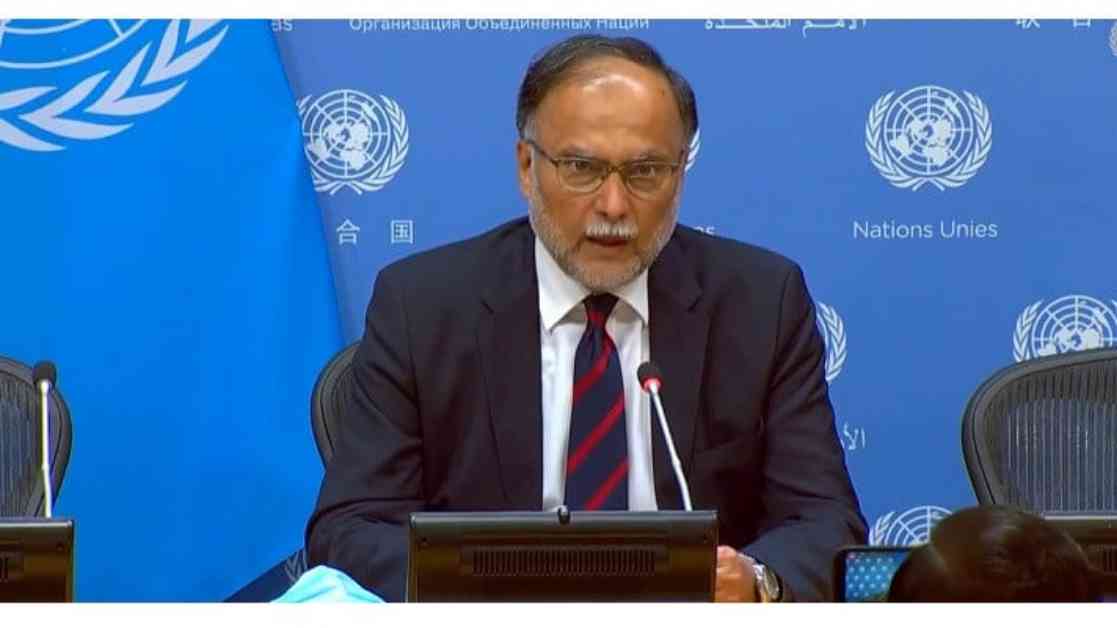Unraveling the Never-Ending Canal Controversy
The ongoing debate surrounding the construction of six new canals on the Indus River to irrigate the Cholistan desert in Punjab has sparked tensions between key allies in the coalition government at the Centre. The federal government, led by Planning Minister Ahsan Iqbal, has faced criticism from the PPP in Sindh for dismissing objections to the canal project as baseless, leading to widespread protests across the province.
PPP Calls for Greater Clarity and Accountability
In a scathing rebuke, PPP Sindh President Nisar Khuhro questioned the feasibility of the proposed canal projects and raised concerns about potential water shortages in Sindh due to the diversion of water to Cholistan. Khuhro demanded transparency from the federal government and urged them to adhere to the 1991 Water Accord to ensure equitable water distribution among provinces.
Expert Commentary and Reservations
Former Senate Chairman Mian Raza Rabbani echoed Khuhro’s sentiments, emphasizing the importance of respecting provincial autonomy and the rights of lower riparian regions like Sindh. Rabbani highlighted Sindh’s significant contributions to the national economy and reiterated the need for the federal government to convene a meeting of the Council of Common Interests to address interprovincial disputes.
Conclusion: A Call for Action
The controversy surrounding the construction of new canals on the Indus River is a complex issue that underscores the delicate balance of power and resources among provinces in Pakistan. As tensions escalate between the federal government and Sindh over water distribution, it is essential for all stakeholders to engage in meaningful dialogue and find a sustainable solution that safeguards the rights and interests of all regions. Failure to address these concerns could further destabilize the political landscape and have far-reaching consequences for the federation as a whole.









